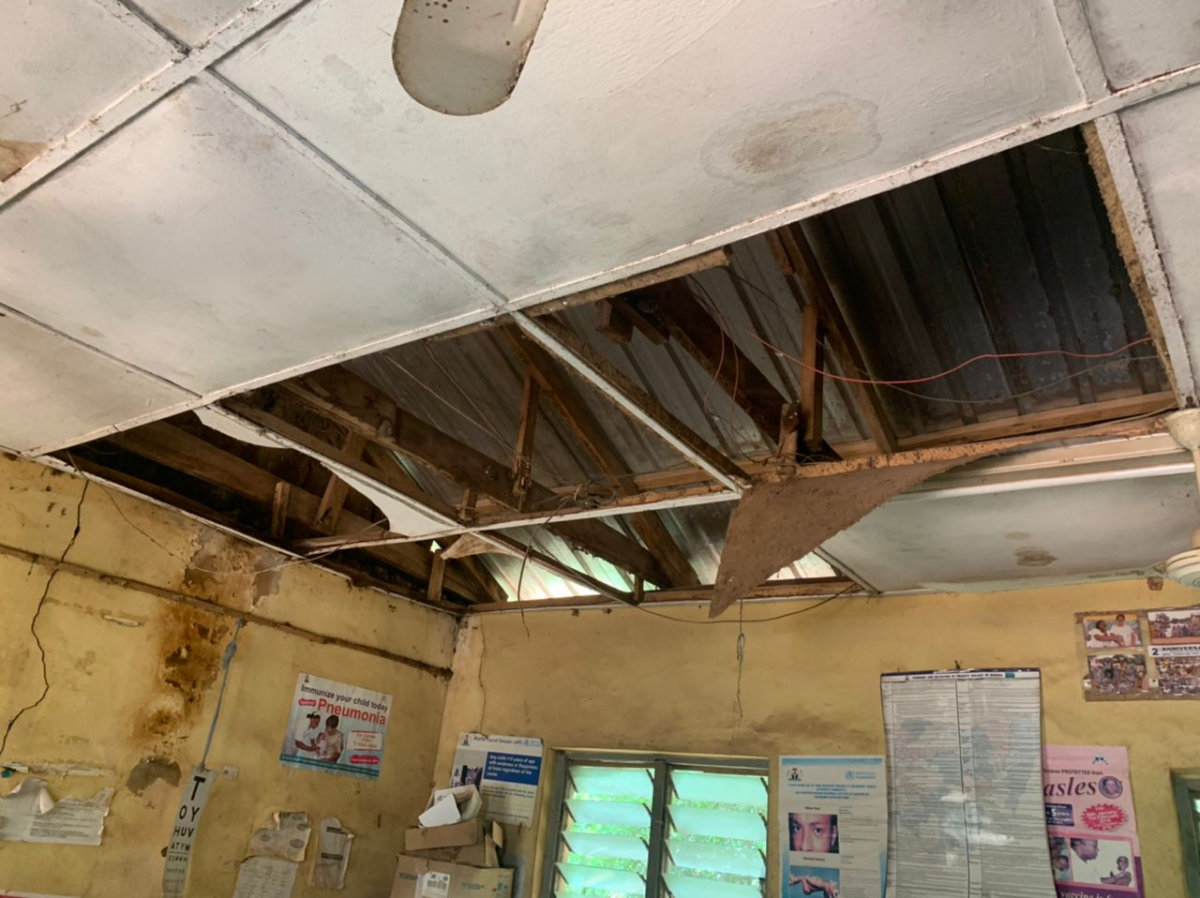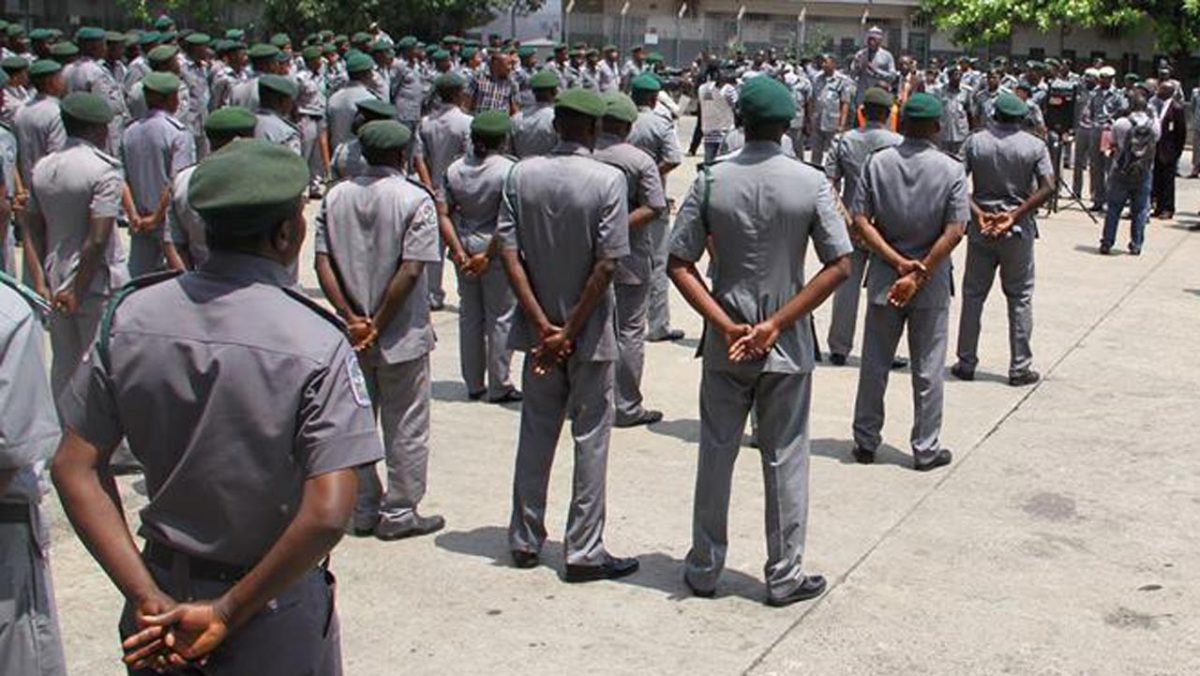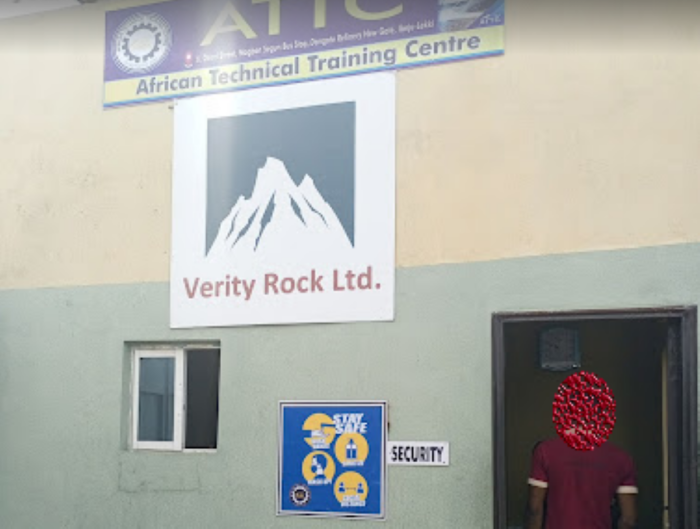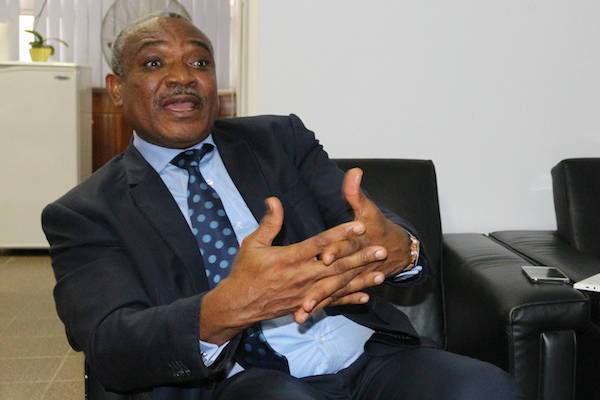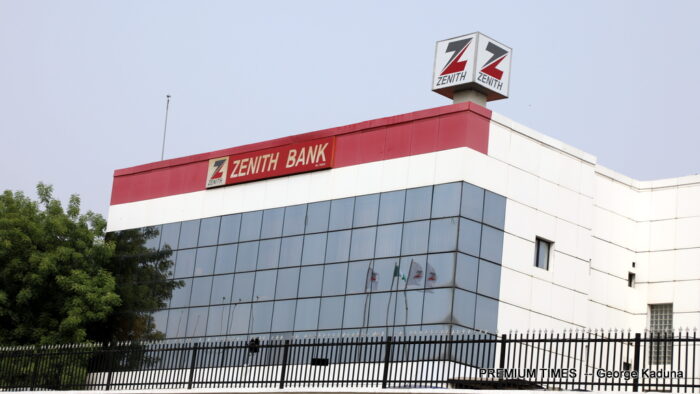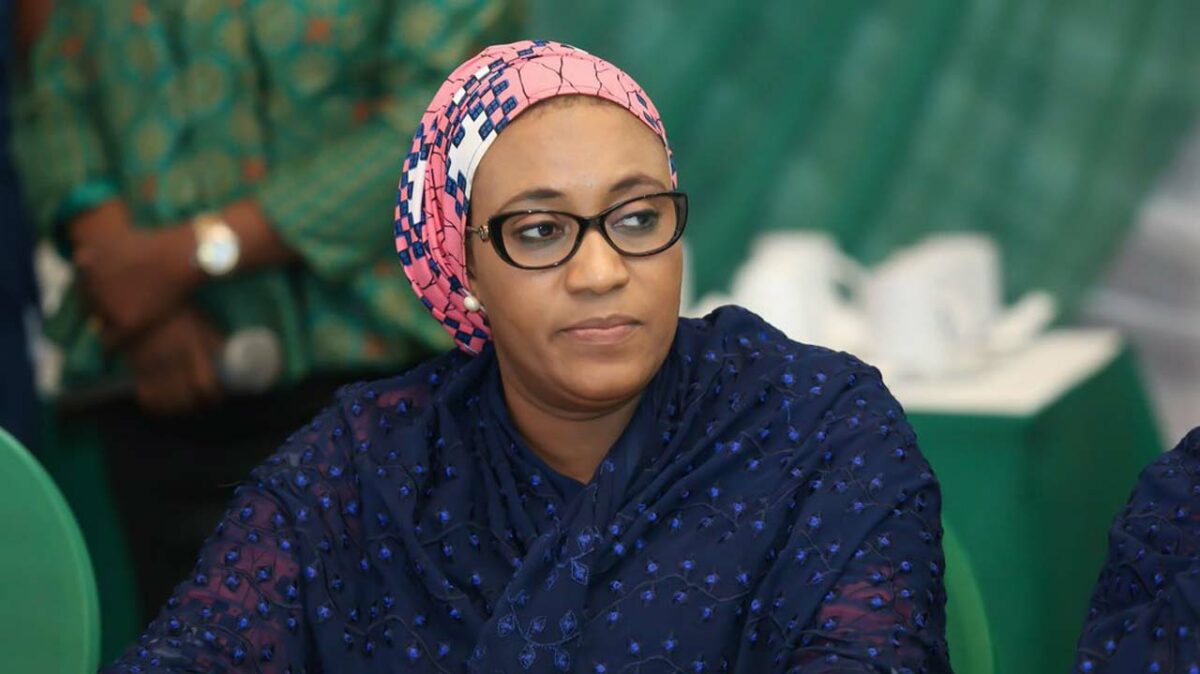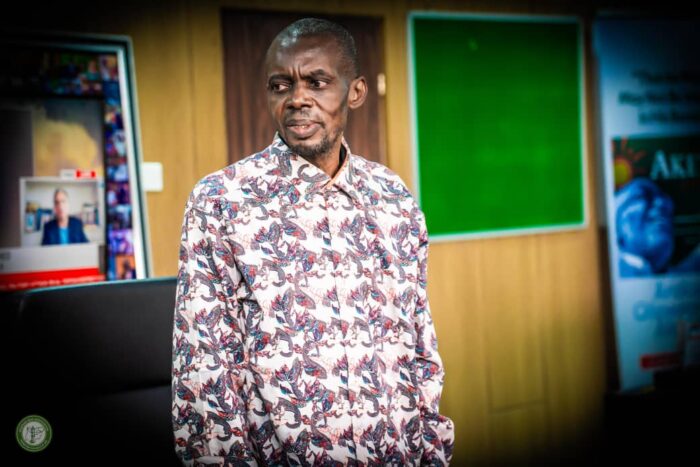For years, the residents of Asa, Ibeku and Agbon-Ojodu have been abandoned by the state government and left to suffer as a result of the dearth of infrastructural facilities. FIJ’s OLAYIDE SOAGA visited the communities to tell the stories of these residents, who are only remembered by the government once every four years – during elections.
From a distance, the voice of a clergyman could be heard preaching a sermon to a congregation in a church. The church doors and windows were open for ventilation because there was no electricity.
The streets were almost empty since many of the people who resided in the community were Christians and had gone to church.
This was a regular Sunday in Asa, a community in the Yewa-North Local Government Area of Ogun State and one of the rural communities bordering Nigeria and the Benin Republic.
Electric poles and sticks supporting electrical cables adorned the streets, but the state government has never bestowed the gift of electricity on the community. While the residents hoped the government would one day remember them and come to their aid, the poles stood there, lifeless, without electrical currents flowing through them.
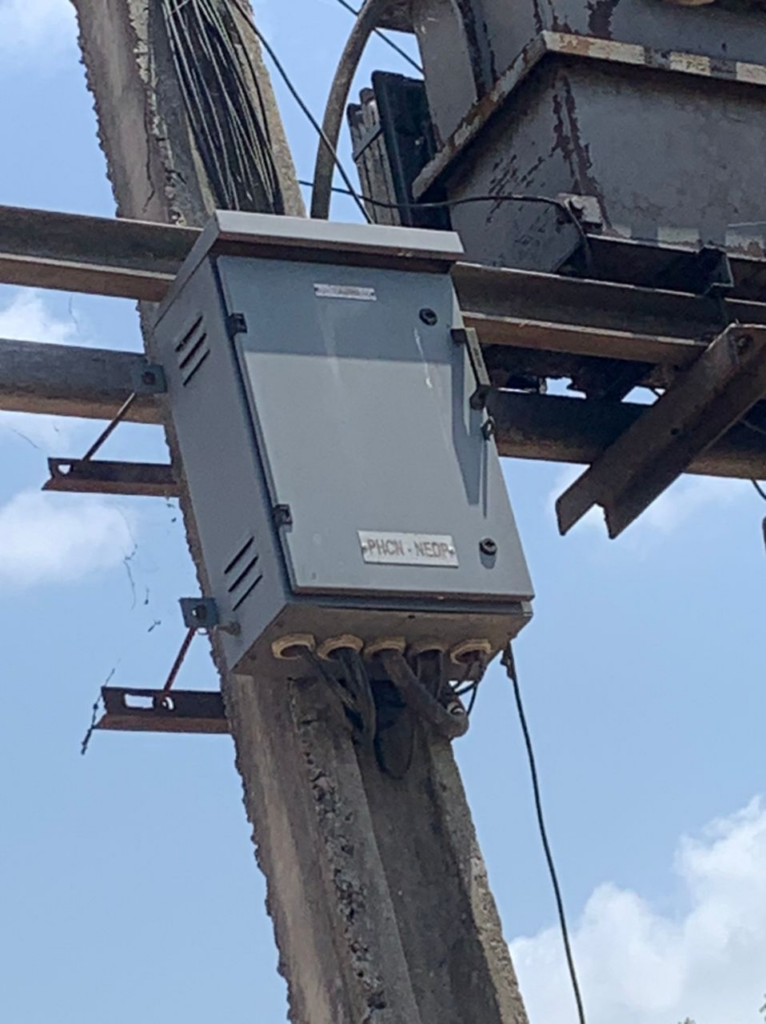
Very few people in the community own generators, as many of them are low-income farmers and traders who cannot afford an alternative power source. To charge their mobile phones, many residents would usually go to neighbouring communities or spend days with a flat battery.
But charging their phones was the least of their problems.
Sitting on a stool in a shop was Iya-Ibeji, a mother to a set of twins, who sold drinks and sachet water. In her shop, there was a deep freezer. When Iya-Ibeji opened her freezer to attend to a customer, one would expect a wave of cold air, but the reverse was the case.
The freezer was just as warm as the drinks and sachets of water she stored in it. She had bought the freezer with the hope that the community would one day have access to electricity, but she has converted it into a tool for storing drinks, as opposed to preserving food items and cooling drinks.
“This is a rural area. You can’t expect us to have electricity to power a freezer. As a matter of fact, we have never had electricity for one day in this place. The poles and cables are just there,” she said.
Many residents have given up the hope of ever seeing a bulb light up with electricity provided by the state government, and they have begun using some of the cables to spread their clothes.
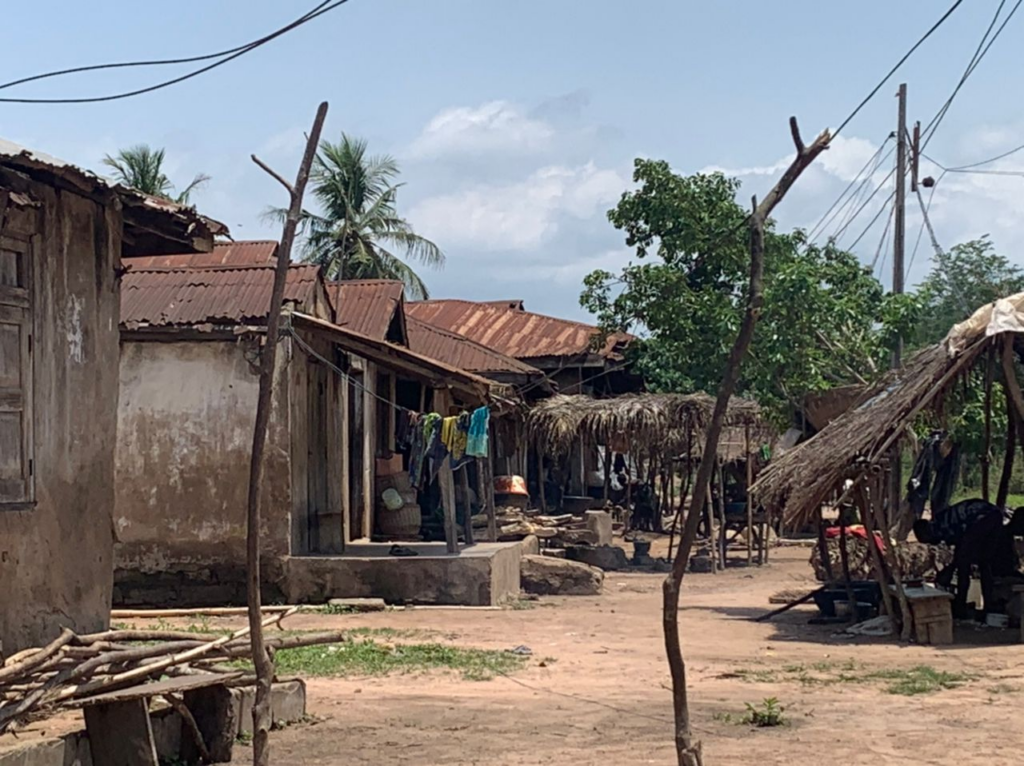
Arowa Abolaji, a resident of the community and head of the community’s vigilantes, told FIJ that the electric poles had been used by some politicians to campaign for an election but they never returned to complete what they had begun.
“Those poles you are seeing were used to campaign for elections. They were erected when Ibikunle Amosun was in power, but we’ve never had electricity,” said Abolaji.
AN ABANDONED HOSPITAL LEFT IN RUINS
Underneath a shed made with dried palm fronds and sticks in another part of the community sat an elderly woman. Wisps of smoke emanated from the fire she had made with firewood and surrounded her. She was wrapping eko, a local meal made from corn, into leaves.
When this reporter approached her, she looked up from what she was doing.
“Hospital? We do not have any,” she responded to this reporter’s question about the location of the community’s hospital.
Then she recalled that the community indeed had a hospital. “We have one. But it has spoiled. We no longer use the hospital. No one goes there again.”
Electricity is not the only infrastructure the residents of this community lack. Access to quality healthcare was another dream they had nurtured and hoped would come to fruition in the near future.
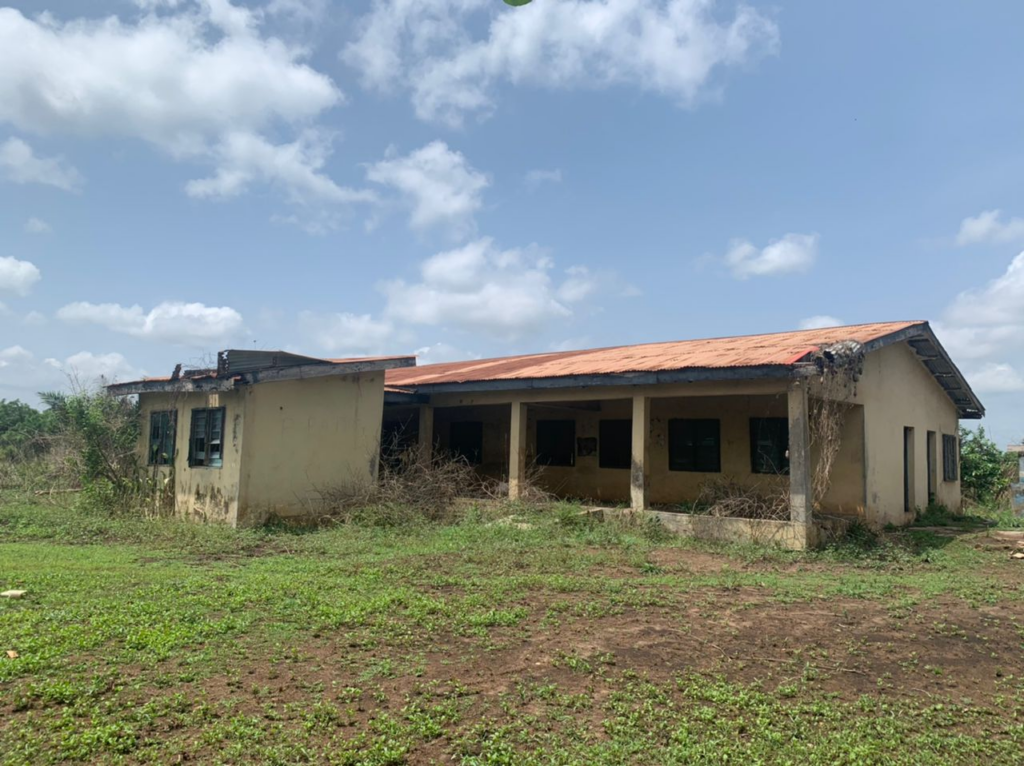
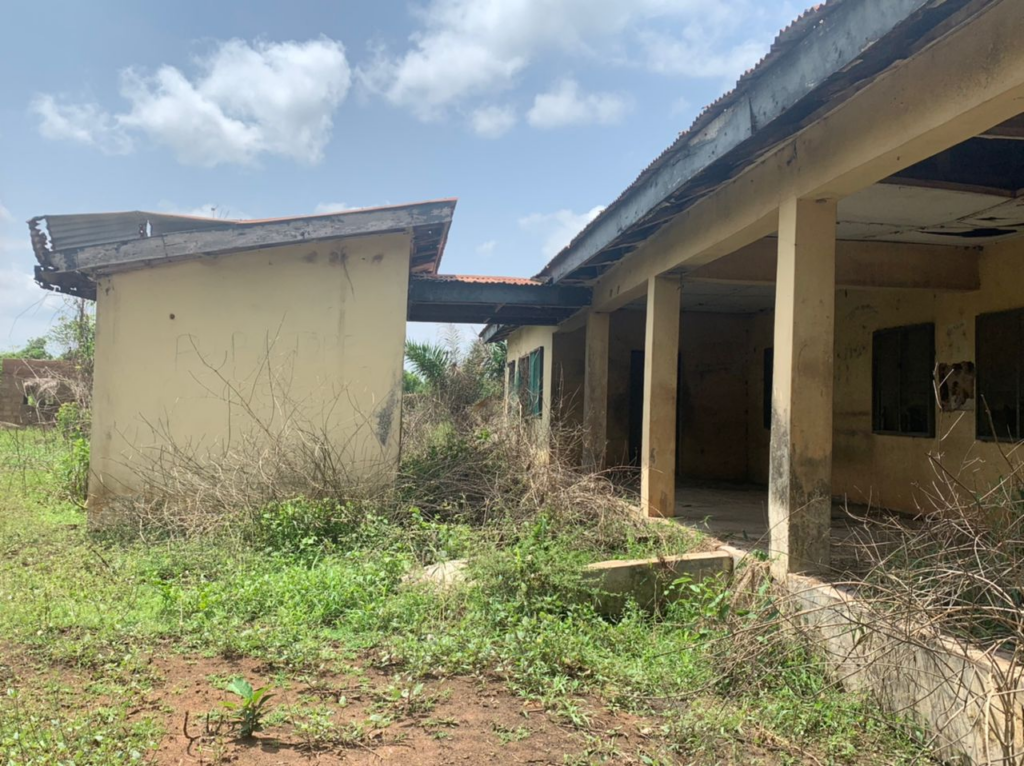
Nestled in-between trees was an old abandoned building. On the verandah were dried twigs and goats who moved around to feed on the grass. Inside were broken ceilings, broken walls and abandoned hospital bed frames.
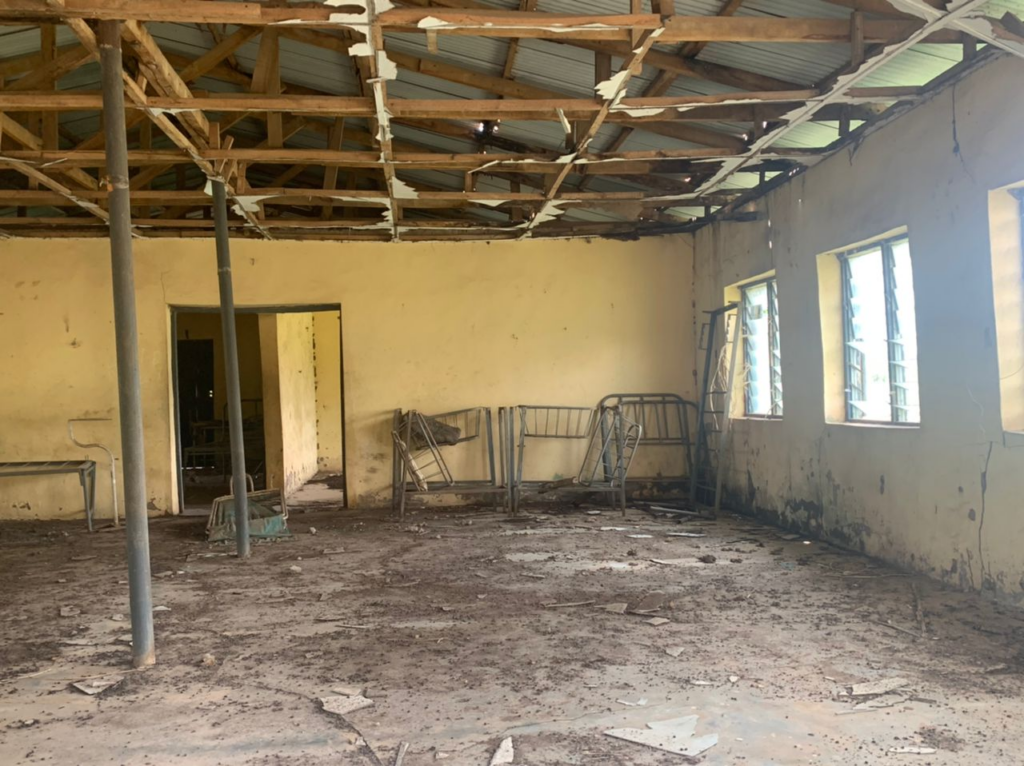
Abolaji also said that the building was the community’s only hospital before it was abandoned and left in ruins.
“The hospital was constructed when Gbenga Daniel was the governor of Ogun State. But it has been abandoned for years, and we no longer use it. Whenever anyone is sick, we take them to Agbon-Ojodu, a neighbouring community, for treatment,” said Abolaji.
The absence of a functioning hospital puts the residents at a great disadvantage.
When this reporter met Iya-Ibeji, the water and drinks vendor at her home, which doubles as a shop, Kehinde, her daughter, cried out to her from within, telling her mother that she felt pains in her stomach.
Since there was no hospital in the community that she could take her to for medical consultation and treatment, she told her to endure the pains and promised to help her get medicine the following day at Oja-Odan, a town in Yewa-North, which is 10 kilometers away and almost an hour’s drive from Asa.
READ ALSO: In Oja-Odan, Poor Roads, Power Outages Make Life Difficult for Residents
The lack of access to a quality healthcare facility in the community also leaves pregnant women helpless. The residents told FIJ that many of the community’s pregnant women travel as far as Benin Republic or Oja-Odan to deliver their babies.
“Whenever a woman is in labour and about to deliver, they have to take her to a hospital in Oja-Odan or Benin Republic to deliver. This is not convenient for them. Before she gets there, she may have delivered her baby in the bush, or it may have been too late and she may have developed complications, so they will have to perform an operation on her,” said Susan Orisaade, a female resident of the community.
Abolaji added that they felt neglected, abandoned and forgotten by the state government because whenever it was time for elections, politicians would come to the community to campaign, make promises and abandon them immediately after the elections are over.
“We are suffering in this community. They come here to conduct elections but leave us to suffer after the elections. The community has just one primary school. Any child who wishes to attend secondary school has to go to the secondary school in Ibeku.
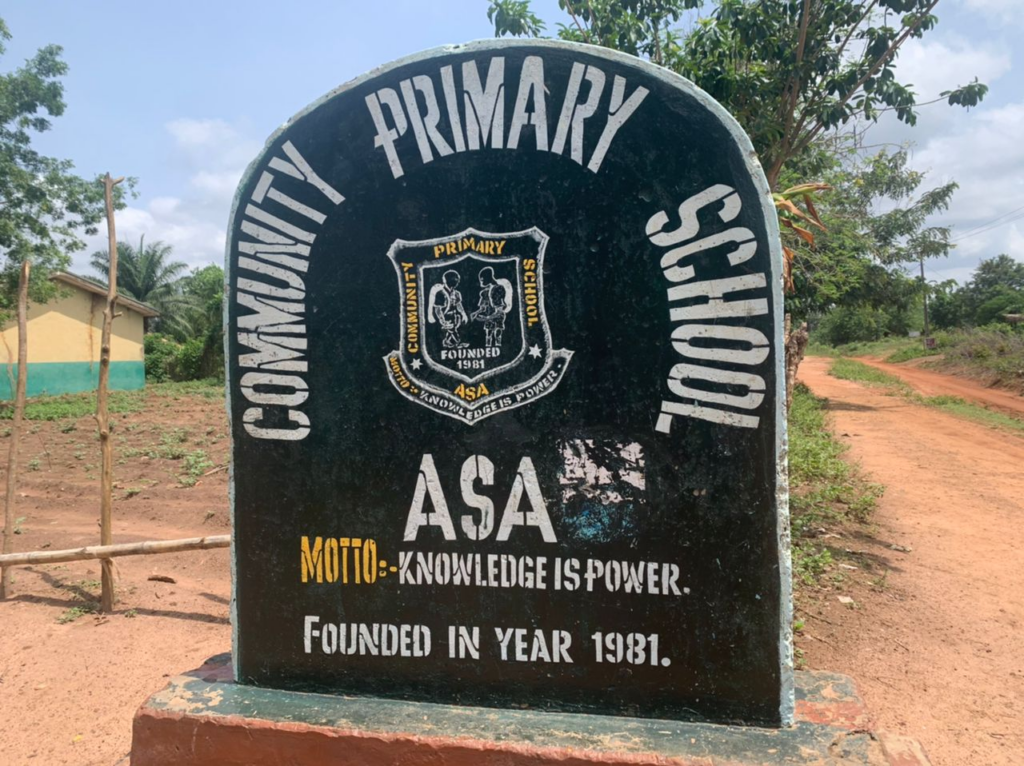
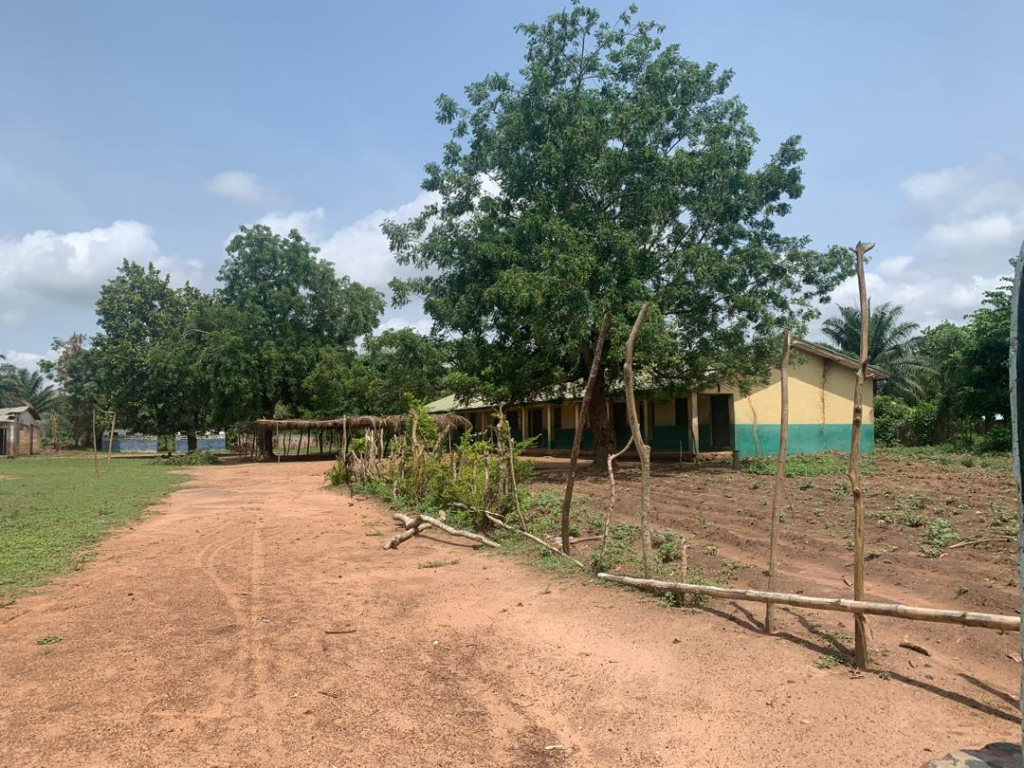
“Some of our children who have gone to school would go to Oja-Odan in search of jobs. But sometimes, they don’t find it, and they return here to become farmers,” Abolaji added.
Other residents also told FIJ that they patronise auxiliary nurses for their healthcare needs to make up for the lack of a proper healthcare facility.
This reporter also spoke with an auxiliary nurse, who introduced himself as Sunday. He said that he had learned how to be an auxiliary nurse in Imeko-Afon, another community in Yewa-North, and returned to the community to set up his business.
He also told FIJ that other people from Oja-Odan took advantage of the community’s lack of a proper healthcare facility and came to the community to set up businesses as auxiliary nurses.
When this reporter asked if he treated people with serious medical complications, he shook his head.
“You know this work is very delicate. I always prefer to send people to hospitals to get proper treatment,” said Sunday.
SIMILAR TALES IN NEIGHBOURING COMMUNITIES
Asa is surrounded by Ibeku and Agbon-Ojosu, but even these neighbouring communities are no better in terms of infrastructural facilities. Since the residents said that they went to Ibeku occasionally to fetch water and visit the public healthcare centre, this reporter visited Agnbon-Ojodu and Ibeku.
The roads that connect all three communities were untarred, and whenever it rained, residents found it difficult to leave their communities for neighbouring communities because of the puddles that usually formed on the road.
Commercial motorcycles are the residents’ means of transportation, and most of the riders would not agree to commute passengers to their destinations because they worry the puddles would damage their vehicles.
In Agbon, the community’s only hope of a healthcare facility was a public health centre that was left in a deplorable state.
Outside the Agbon Community Health Centre sat Salimot Ogundipe, a community health extension worker (CHEW). It was Sunday, and the only patient they had was a pregnant woman. Inside, another healthcare worker was with the expecting mother, while Ogundipe sat outside, peeling melon seeds.
READ ALSO: SPECIAL REPORT: Absent Teachers, Locked Schools… One Bauchi LGA’s Poor State of Education
Inside, some parts of the ceiling were broken. A group of bats hung on the ceiling. It was broad daylight, which made the sight of bats unusual. Ogundipe told FIJ that whenever it rained, the roof leaked and it was usually a terrible sight whenever that happened. She added that it was a maternity health centre and they only attended to pregnant women.
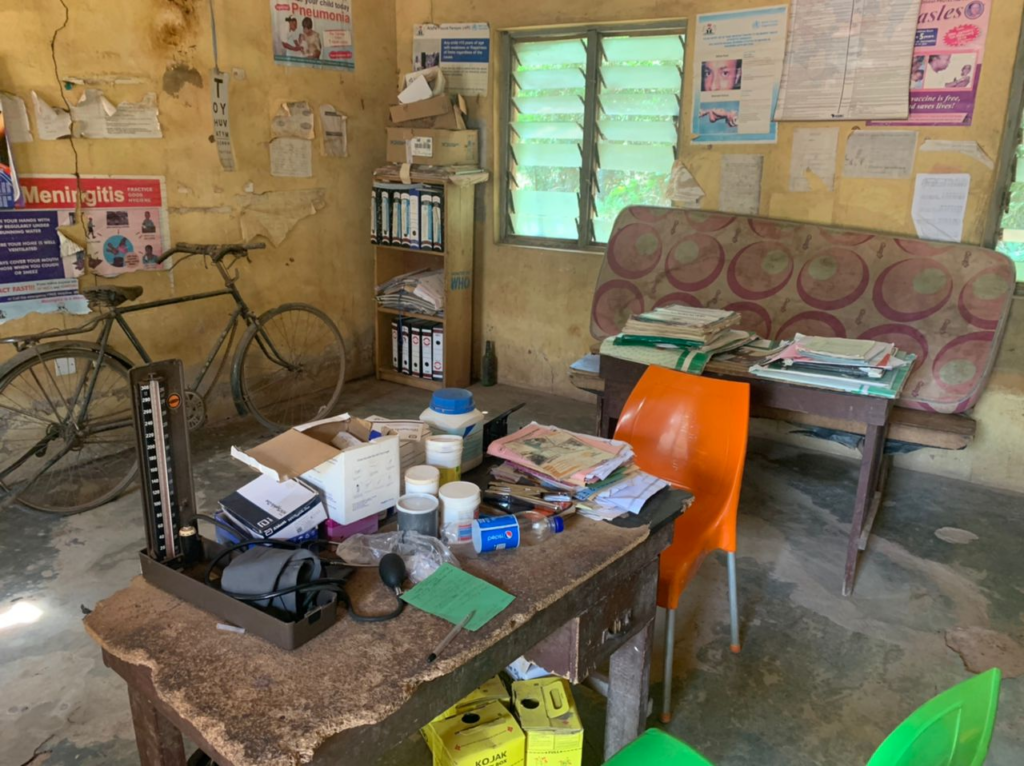
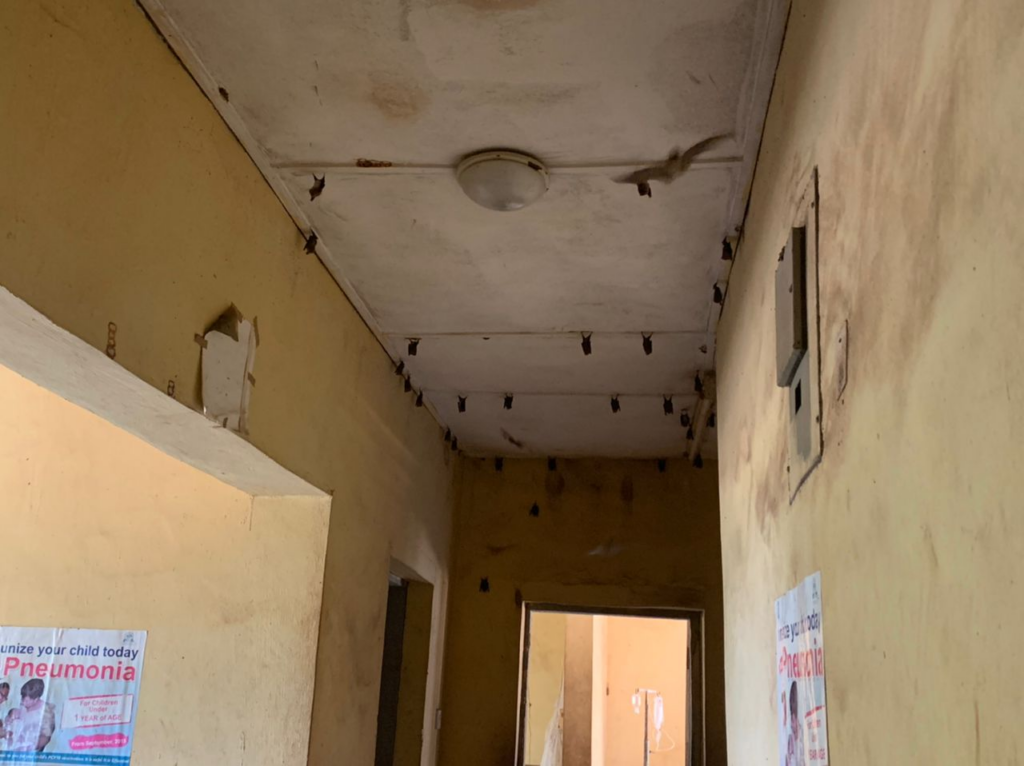
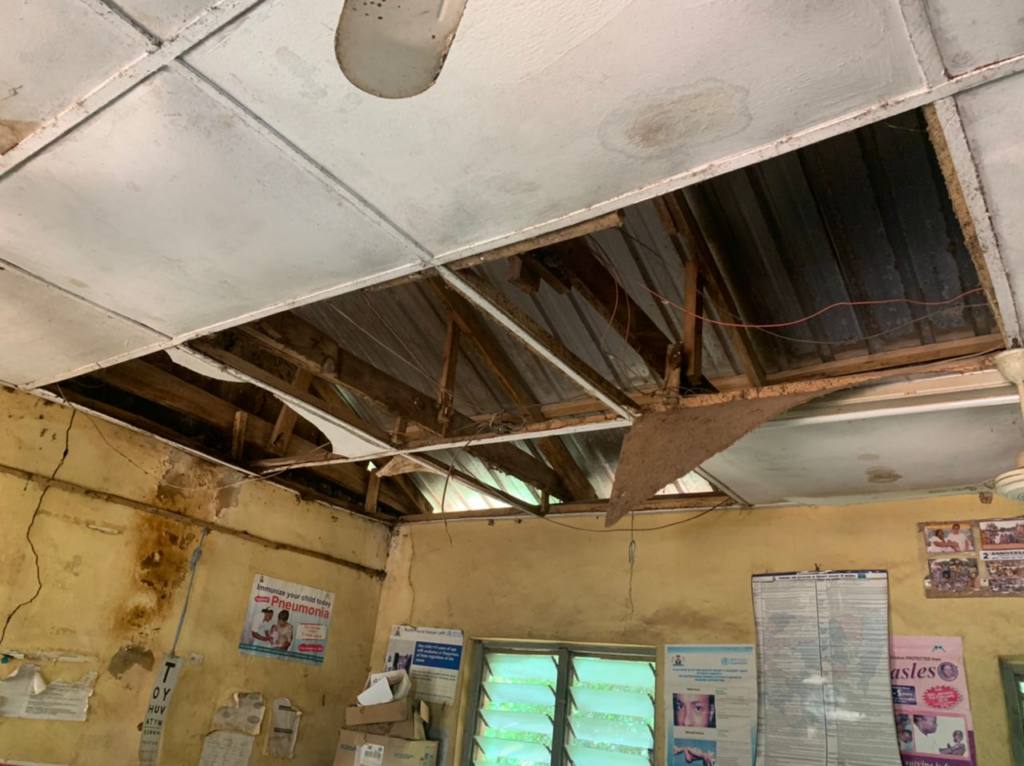
“We do not have all the necessary medical equipment to treat them or help them deliver babies, but they have no choice but to come here to deliver their babies,” said Ogundipe.
When FIJ asked if any pregnant women had lost their life in their care as a result of the unsanitary state of the healthcare centre and insufficient medical equipment, she replied in the negative.
“We don’t allow them to die here. Whenever we notice that patients have serious medical complications, we transfer them to Oja-Odan,” she said.
Oja-Odan is about 10 kilometres away from Asa, Agbon-Ojodu and Ibeku. The roads that connect all three communities with Oja-Odan are a far cry from a decent road network.
Like Agbon-Ojodu, the only health centre was a maternity centre commissioned in July 2004 by Gbenga Daniel, the governor of the state between 2003 and 2011. There was no sign of any healthcare worker in sight. Goats loitered around the building, and the doors were shut. The windows’ mosquito nets were torn.
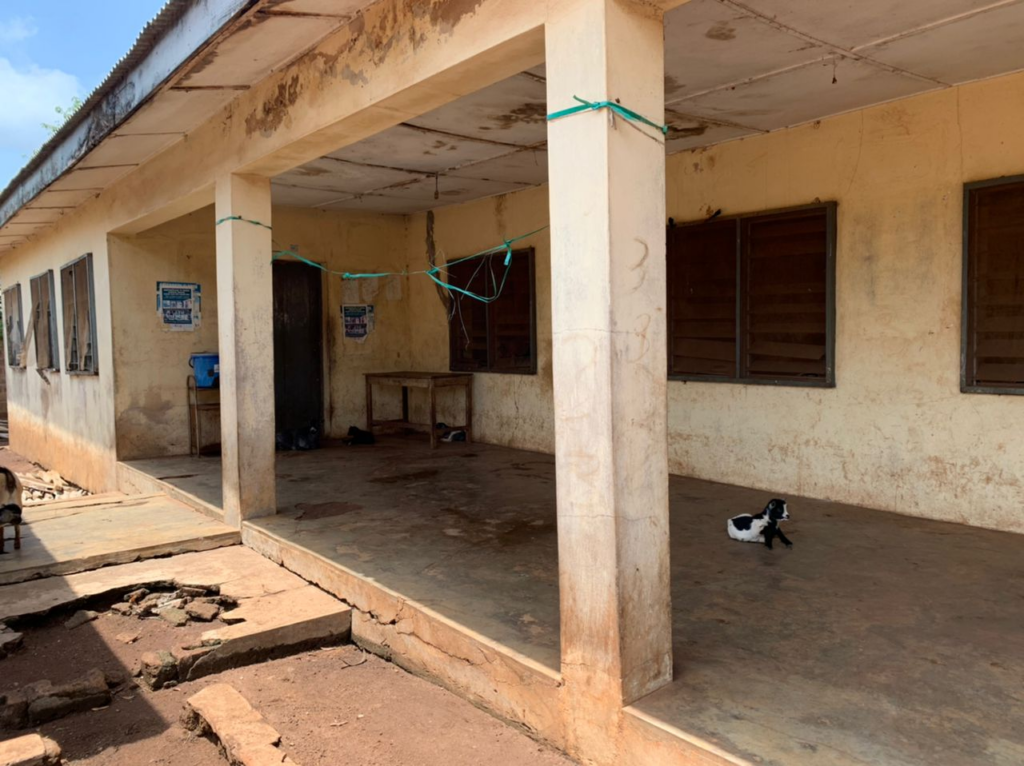
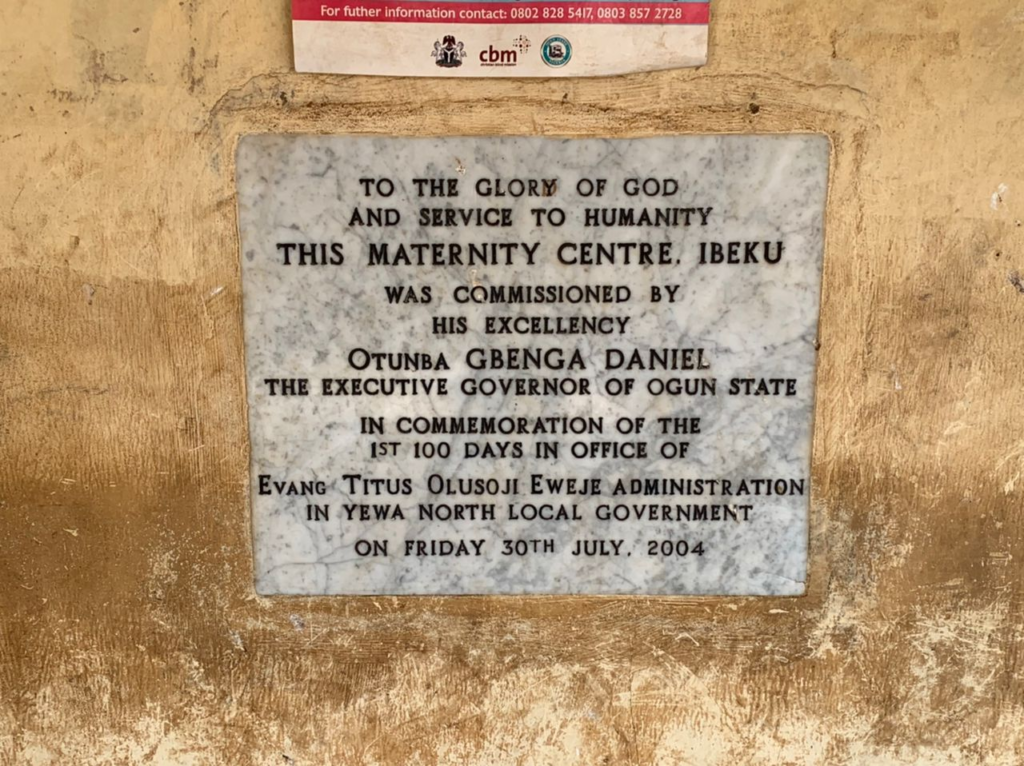
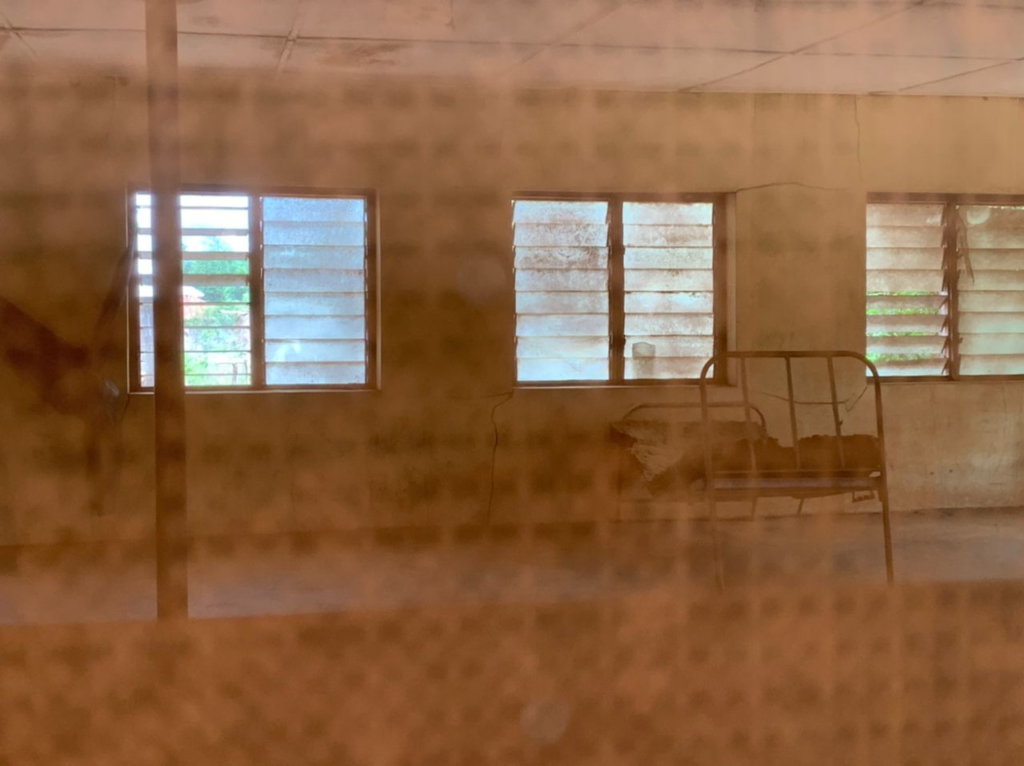
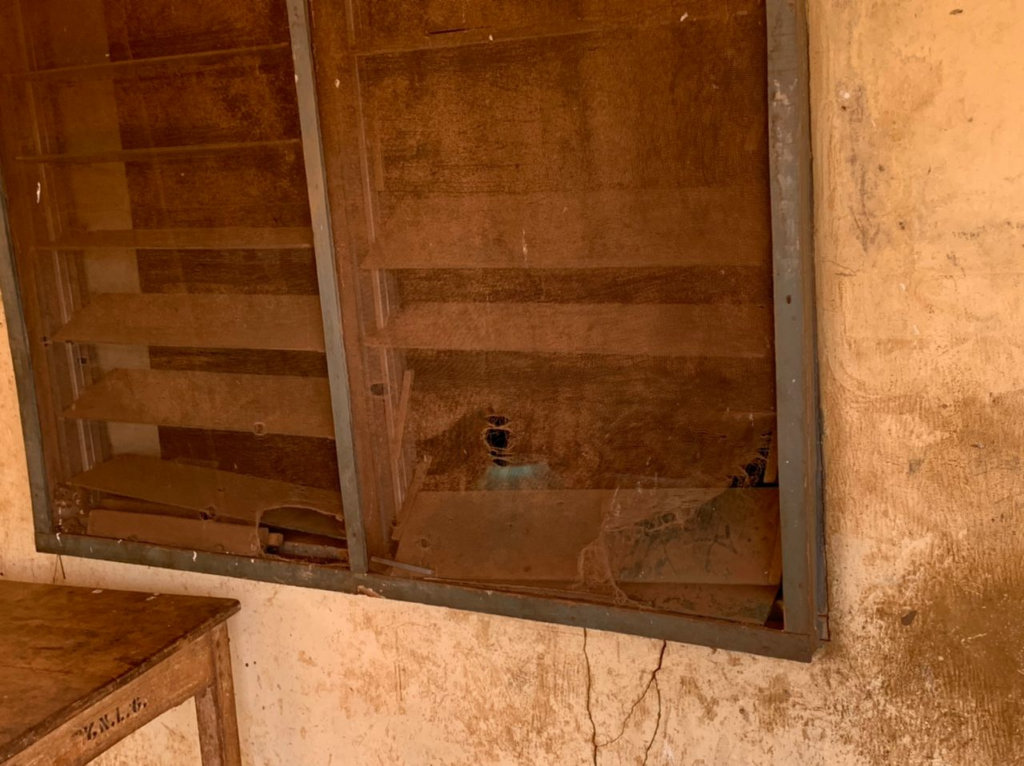
When this reporter peeped through the window, there was only one hospital bed and a mattress without any bedsheet. It appeared abandoned like the one in Asa.
Poor healthcare facilities are not the only infrastructural facilities that all the three communities FIJ visited have in common.
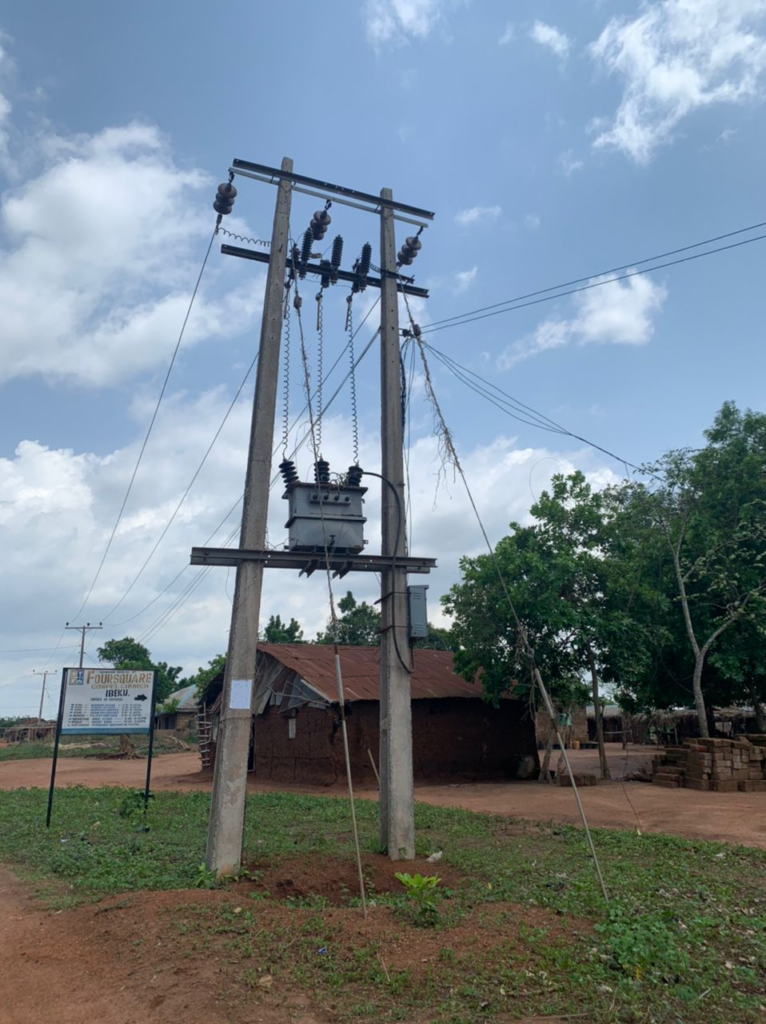
Upon FIJ’s visit to Ibeku and Agbon-Ojodu, this reporter learned that the communities also lack electricity. The residents said that they relied on generators and solar energy as an alternative source of power.
NEGATIVE EFFECTS OF POOR HEALTHCARE FACILITIES
The lack of access to healthcare facilities has far-reaching consequences, particularly for pregnant women.
Dr. Edokpolor Osazuwa, an obstetrics and gynaecology specialist, told FIJ that when pregnant women cannot access healthcare facilities in the nick of time during labour, it can result in maternal mortality.
Maternal mortality refers to deaths due to complications from pregnancy or childbirth.
Regarding maternal mortality, Ogun State has a sad tale to tell.
With about 56 out of 1000 infants between the ages of zero and 11 months dying after birth, Ogun State is estimated to be the state with the highest rate of child mortality in Nigeria’s southwest.
The most recent data on maternal mortality in Nigeria, which was published in 2020, reveals Nigeria had the highest estimated number of maternal deaths at 82,000. This figure accounts for more than a quarter (28.5%) of estimated global maternal deaths in 2020.
“There are three major factors that cause maternal mortality, which is delay at home, delay on the road and delay in hospitals. Because of illiteracy, some women may decide to employ the services of traditional midwives who may not have adequate knowledge and required tools to deliver a baby and it may cause the woman or the baby to die,” said Osazuwa
“Also, when pregnant women live far away from healthcare facilities or in areas where the road network is bad, they may end up delivering on the road where there is nobody to assist. This can result in maternal death or fetal death.”
NO RESPONSE FROM OGUN STATE GOVERNMENT
When FIJ contacted Tomi Coker, the Ogun State commissioner of health, she did not respond. A text message sent to her has also not been responded to.
This report was produced with support from the Open Society Initiative for West Africa (OSIWA)
Subscribe
Be the first to receive special investigative reports and features in your inbox.


